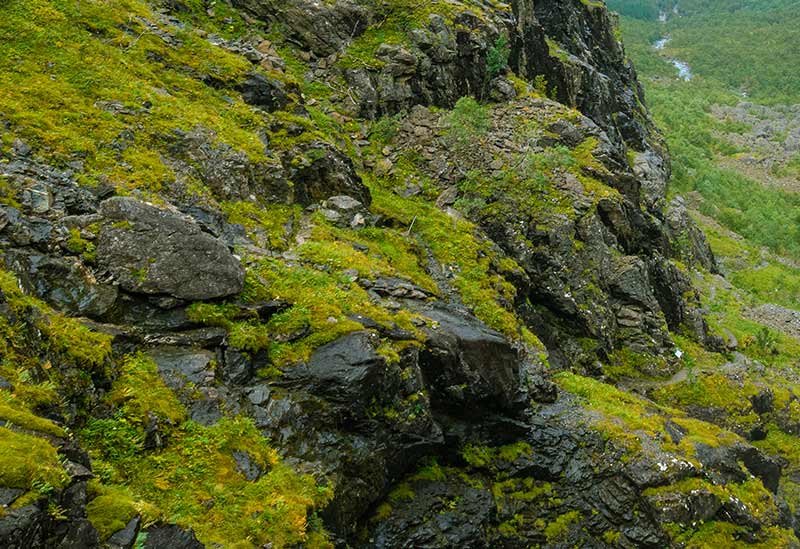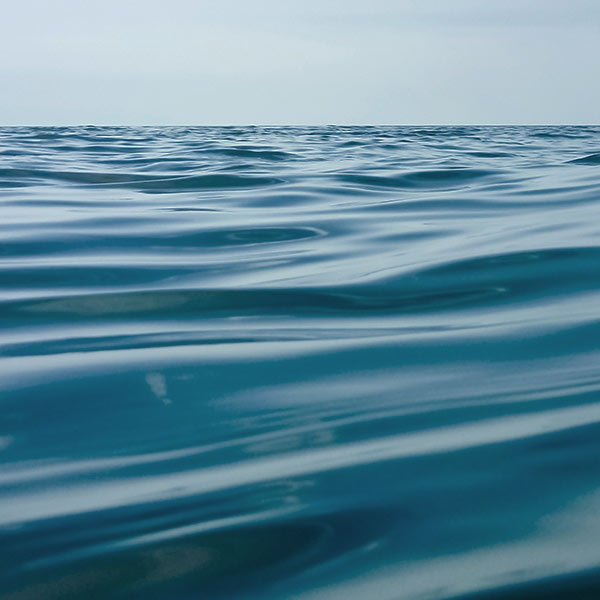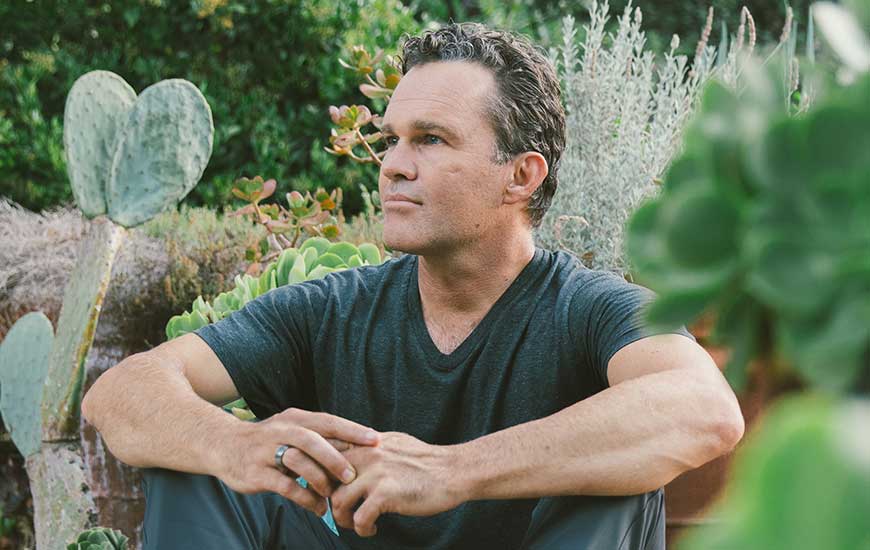POWERED BY THE GLOBAL HEALTH EDUCATION INITIATIVE
Death, Dying & Rebirth: A Look at the Second Birth of Humanity
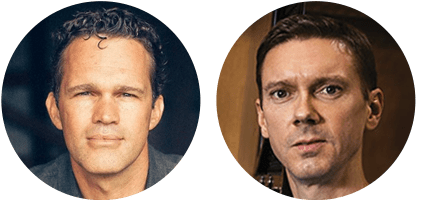
(Co-authored by Dr. Peter Cummings)
All of the articles published as part of the Global Health Education series have centered around one common theme: the battle humans are waging against nature.
This mindset must be corrected if we are to survive. We are not separate from nature, we are an integral part of it. Our survival is just as dependent on the soil, air, and water as it is on our hearts, lungs, and brains. Our existence is rooted in the earth, just as any tree or flower is.
The motivation for this self-destructive behavior is a deep rooted sense of fear. Ultimately, it’s our fear of death which is driving us to the brink of destruction. Because we have become so separated from nature, we have come to view death as an end, as THE END. But when death is viewed as a part of nature, it becomes a transition period between one form of existence and another. Death is never THE END in nature, so why should it be THE END for humans?
WEBINAR Replay
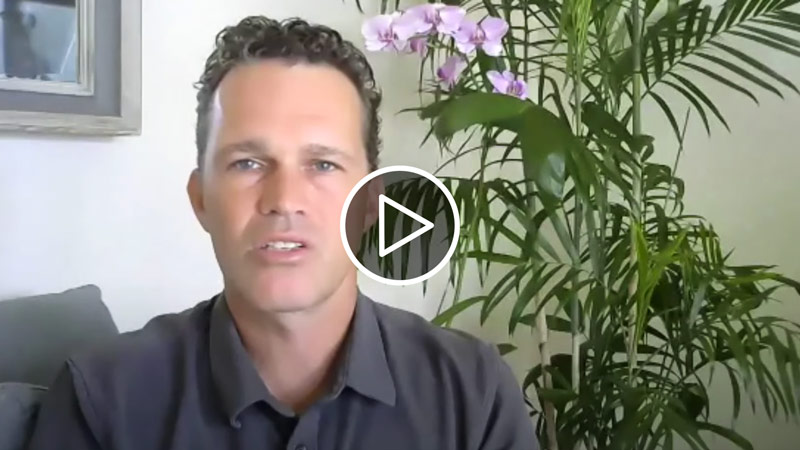
POWERED BY THE GLOBAL HEALTH EDUCATION INITIATIVE
In this webinar, Dr. Zach Bush and guests will help expand your thinking and understanding of death, while opening your eyes to the resources available so you can proactively establish your own philosophy.
Nature is not static, it’s in a constant state of change.
The transitions in nature not only supply us with great beauty, they are necessary for life.
The leaves produced by the trees in the summer, which give us shade and clean oxygen, fall to the ground in the autumn.Over the course of the winter, they decompose, proving the necessary nutrients in the soil so that seedlings can sprout from the ground in the spring. The phases of human life can also be seen as a continuous stream of transitions where childhood leads into adolescence and eventually adulthood. Each transition provides the necessary physical, mental, and emotional growth necessary for our survival.
Death is just one of the transition points of human existence. As we have moved further and further from nature, we have come to view death as an enemy — as something that must be controlled and conquered. Death has become a pathology rather than a transient period between this existence and the next. We medicalize death, treating it like any other clinical condition. We sterile our lives from experiencing death. Funerals are rushed and the grieving process truncated to fit our fast paced world. We rarely get to see our deceased loved ones. After death, the human body is seen as foreign and we avoid it. We often recoil at the thought of seeing a loved one after death. Death is a whisper, a hushed confession hidden away like a dark secret. Death has become unnatural.
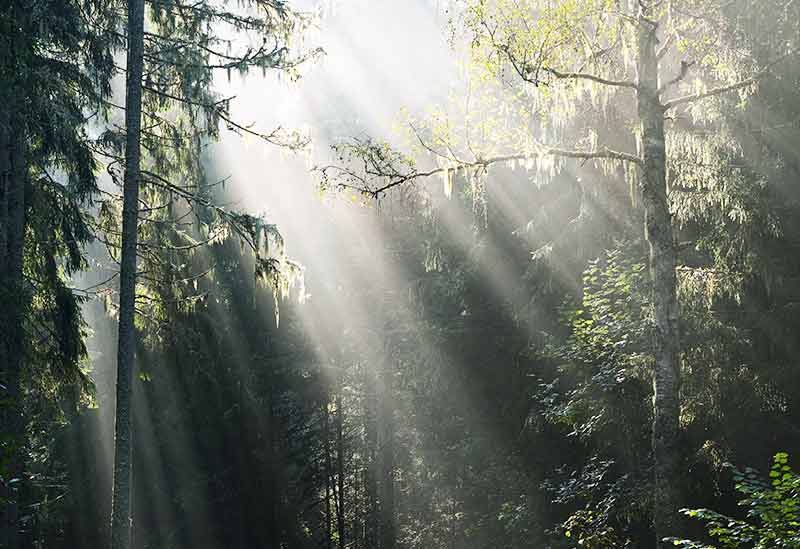
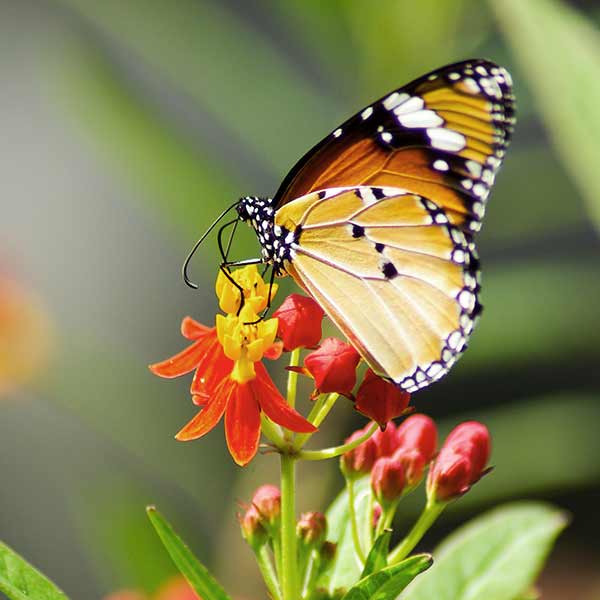
Once we come to view all of life as a transition and understand we are here on Earth to transform, we can better appreciate the spiritual journey encompassing the natural processes of living and dying.
Coming to the end of our current phase of existence can be a difficult concept to deal with. Sometimes approaching death causes great physical, emotional, and spiritual pain. Far too often we’ve left it to medicine to counteract these problems. End of life care has fallen under the control of Western medicine, where we are often left with three pathways of care:
1) Palliative treatment
2) Symptom management
3) Denial and defensiveness
Far too often the experience of death is treated like a disease, with copious amounts of sedative medications.
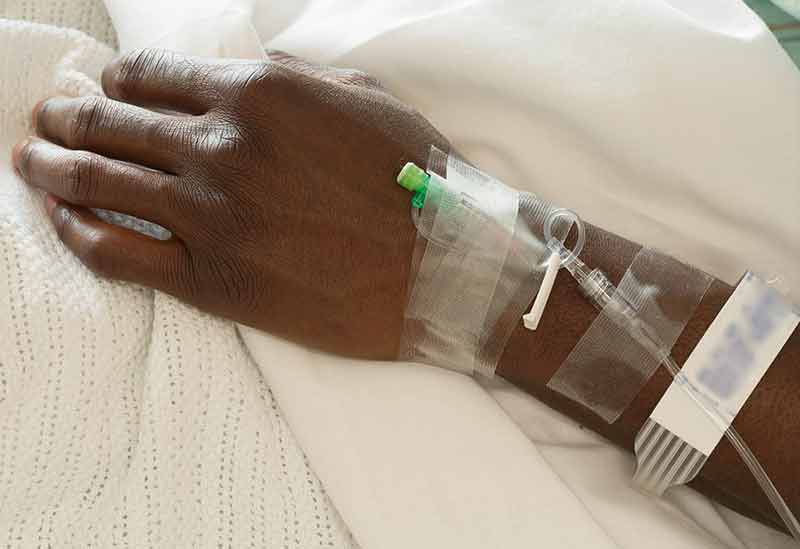

As a result of this medical approach, end of life care has become a profitable industry.
Left unsatisfied with this broken system, many families have been turning to what is referred to as ‘non-traditional’ end of life care options,seeking out a more holistic approach to death. This approach stresses the importance of the spiritual and social needs of the family in conjunction with medical care.
The benefits of Traditional Chinese Medicine and homeopathy as an adjunct to Western medical approaches has been the focus of much research over the past decade. Not surprisingly, many of the natural and holistic treatments, such as acupuncture and aromatherapy, have demonstrated great success in reducing pain, fatigue, depression, anxiety, and the nausea and loss of appetite accompanying chemo and radiation therapies. The use of these non-traditional methods also have the benefit of increasing spiritual awareness and acceptance of the transition of death.
Another non-traditional approach to end of life care is the use of a death doula. A death doula is a family advocate assisting with all aspects of the end of life process. They often serve as an important source of emotional and spiritual support, caring for both the individual and the family. They provide comfort and warmth through companionship at times when it is most needed. Their presence also alleviates the feeling of fatigue and loneliness, often experienced by caregivers during a long end of life experience. It’s a support system for the entire family.
